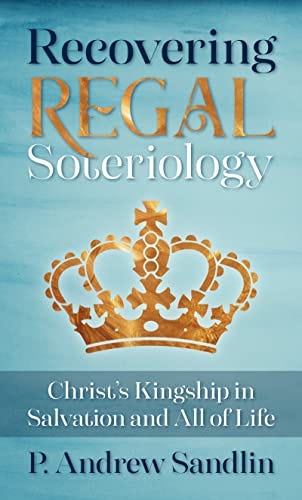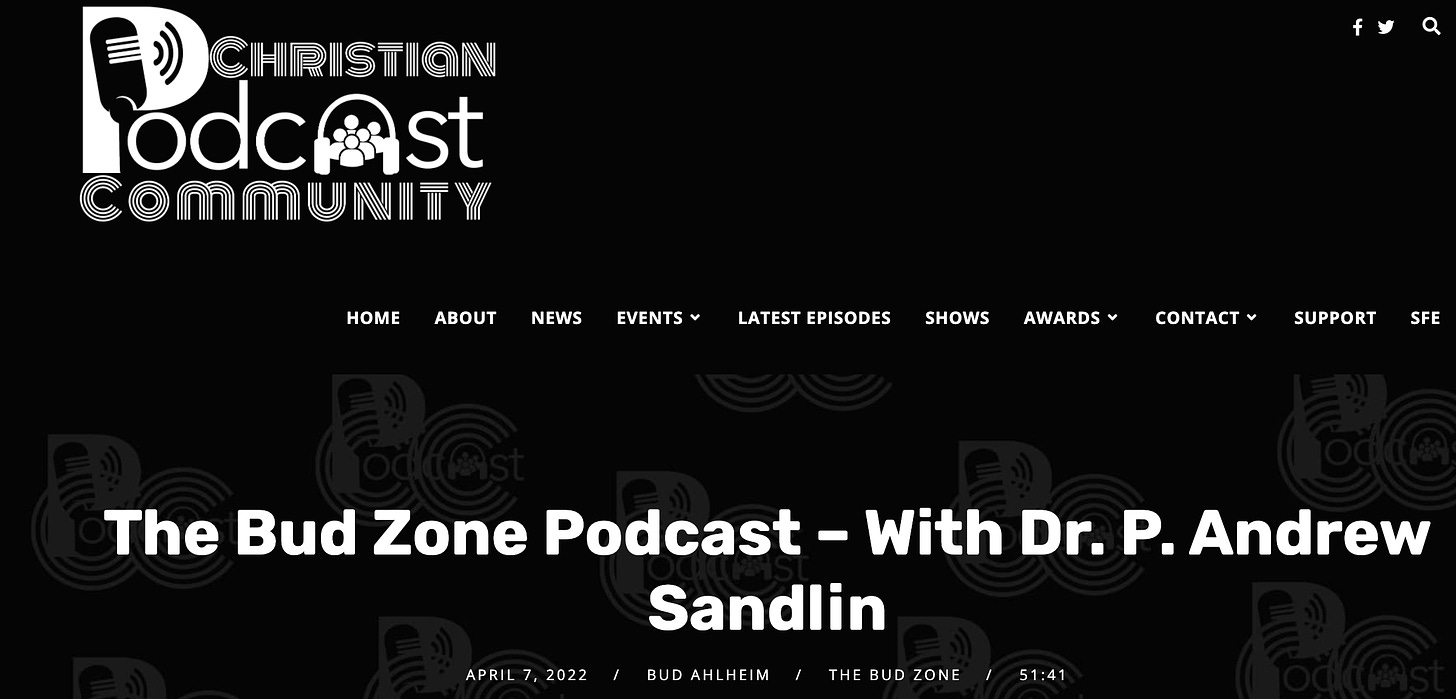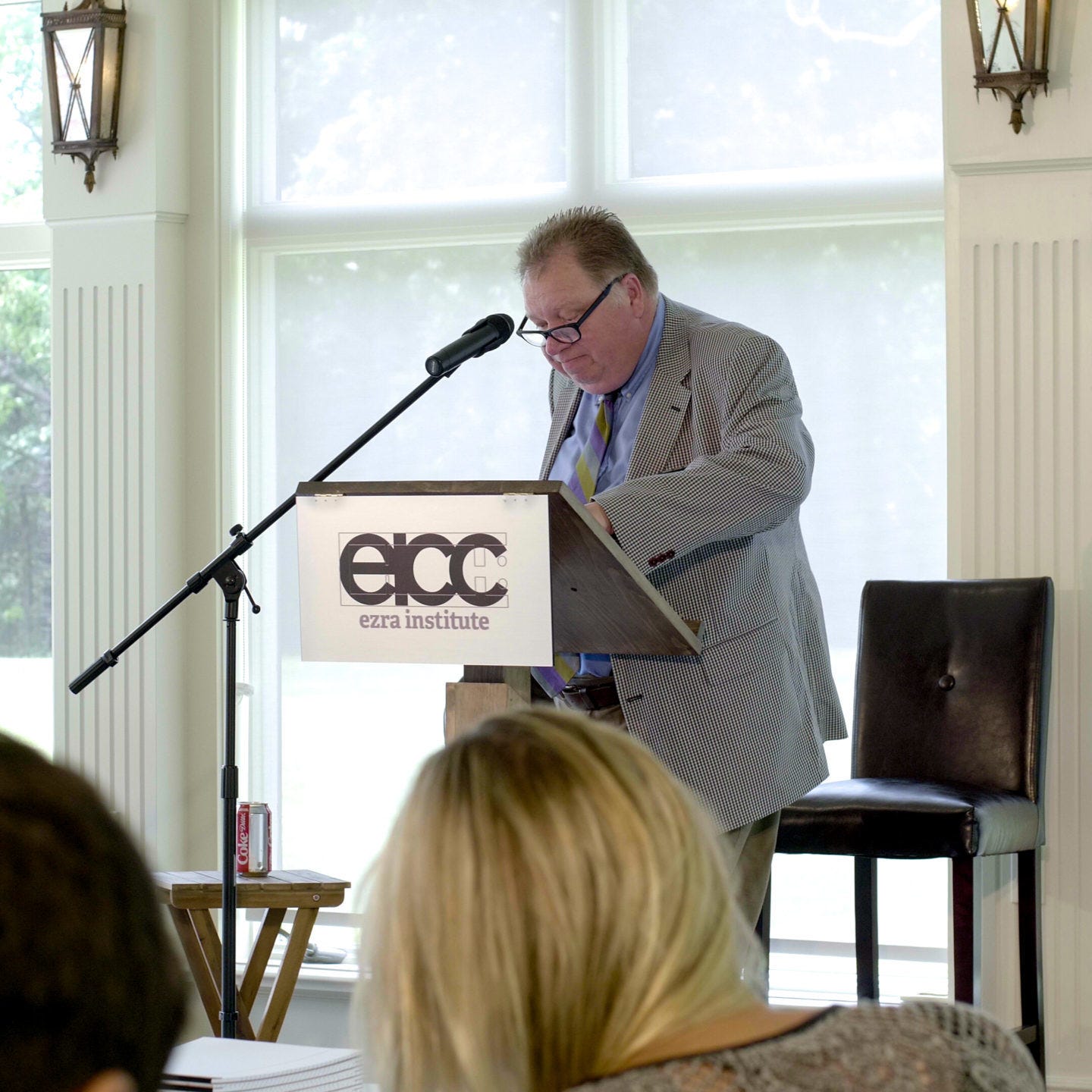Easter Anthropology
Ancient pagan views of man infested the church and have led to Christian withdrawal from God's good world. Easter radically overturns this error.
Dear friends and supporters:
Anthropology is the study of man. Easter as a commemoration of our Lord’s resurrection presupposes a particular anthropology. It also reveals the great scandal of Christianity in both the ancient and modern world.
Classical-Greek Anthropology
The world within which Christianity emerged was suffused by Greek, or classical, anthropology. Man was considered a composition of a material, temporal body and an immaterial, eternal soul. The soul is the immaterial, substantial part of man. The soul is the “real you.”
For many of the ancients, the body was a temporal shell, even a prison house in which eternal souls were temporarily encased. Death was a great liberation, because the eternal soul could then again exist without the confines of the body in the material world. Plato believed that souls were eternal — they had neither beginning nor end.1 This was an important part of his entire philosophy: the visible, material world is an inferior pattern of the immaterial, ideal world. Every chair on earth, for example, is an imperfect reflection of the ideal of the eternal notion of a chair.
The body is a vehicle for relating to the material world. But since that world is not the real, higher world, the body is temporary and disposable. The body is the automobile that carts around the really important thing — the soul. The soul is the real you, and the body a necessary appendage in this life. This view shares characteristics with the first Christian heresy, Gnosticism. (See “Easter Against the Gnostics.”)
You can understand then why the classical Athenians listened politely to Paul’s sermon at the Areopagus until he invoked the resurrection (Acts 17:32). At that point, they scoffed. After all, the entire goal of life is to shed the body. To recover the body is to defeat the very purpose of life, which is liberation from the material, the temporal, and the earthly.
(cont. below)
Recovering Regal Soteriology
Deeply entrenched ideas die hard, and this includes bad ideas, even (perhaps especially) bad ideas in Christian history. Examples abound, but one of the most prominent is the gradual shift from the cosmic soteriology (Jesus died and rose to redeem all creation) of the Bible to the individualized soteriology (Jesus died to save sinners) of the late patristic (early post-apostolic) church. In this way, it appropriated aspects of the Gnostic heresy that it formally condemned.
The Reformation recovered the biblical doctrine of grace alone in salvation, but it did not fully return to the Bible’s cosmic soteriology. It basically substituted accent on justification by faith alone for preoccupation with the sacraments as the means of salvation, but both sacraments and justification were interpreted in a highly individualized way.
Get the e-book here.
(cont.)
Biblical-Hebraic Anthropology
This is in radical contrast to biblical anthropology, rooted in the Hebrew Scriptures.2 In fact, we encounter it in the Bible’s first chapter. When we read in Genesis 1 that God fashioned man from the dust of the ground, that he breathed into his nostrils the breath of life, and that man became a living soul, or being, we encounter the basics of the biblical anthropology: man is constituted as a creationally indissoluble union of (1) divinely imposed breath within (2) creatively fashioned soil. This is what a “soul” is. Soul is Spirit-shaped and -enveloped soil.
The Composition of Man
Man is a combination of creatively constructed dirt and the breath of God. What makes man’s body special is not its inherent material composition, because it’s simply dust — but, what remarkably constructed dust!
Think about sand sculptures. We’re walking along the beach and think nothing about the common, ordinary sand on which we’re walking. And then we see a remarkable sculpture of a porpoise or a mermaid. We’re amazed by the intricate design. It’s not the sand that’s impressive; it’s the creative configuration. The same is true, in a much higher and exalted way, of course, with the human body.
The human body is God’s breathtakingly creative configuration that makes it so special, along with the breath, or spirit.
The soul is not an insubstantial part of man in distinction from the body. Soul is a synonym for being, or life, or person. When you read “soul” in the English Bible, just mentally substitute “being,” or “person.”
Bodily Resurrection, Not Soul Immortality
In contrast to classical anthropology, most modern anthropology has been materialist: man is a combination of blood, bone, and electrical and chemical impulses. There are no metaphysics. There are no God, Satan, angels, demons, heaven, or hell. This dreary, hopeless anthropology undergirds Carl Sagan’s famous declaration: “The Cosmos is all that is or was or ever will be.” This is the anthropological myth of atheistic science.
Spiritual Materialism
In contrast to both the (1) dualist classical anthropology and (2) reductionist modern anthropology stands (3) biblical anthropology, which we can term spiritual materialism. Man in all of his God-endowed glory is a fully material being, and the spiritual or immaterial parts of man or woman are inextricably into his body. Death creates a tragic separation between these two that God never intended. The spirit, or breath, can exist without the body, but this condition is abnormal; it would never have existed had man never sinned, and man at death separated from the body will not again be fully human until the resurrection. To be denuded of a body is, in a very real sense, to be subhuman (read Paul’s aversion to disembodiedness in 2 Corinthians 5:1–5).
Anthropological Eschatology
In the Bible, anthropological eschatology (eschatology is the study of future things) concentrates on the resurrection of the body. In the classical world, the stress was on the immortality of the soul. The body perishes, but the soul lives on forever.
Unfortunately, most of the church fathers and much of the church overall embraced and perpetuated this false Greek anthropology, rather than continuing the holistic view of man in biblical anthropology. This classical view introduced heavy notions of dualism and even Gnosticism into the Christian church with which we are still afflicted. (See “Easter is About Bodily Resurrection, Not Soul Immortality”).
Consequences
Because ideas have consequences, and bad ideas have bad consequences, and bad theological ideals have the worst consequences of all, the consequences of a misguided classical anthropology have been severe. If the body is inferior and disposable, material things and this earthly life must be relatively unimportant to the Christian. Christians long for dying and going to heaven, though the Bible says absolutely nothing about that. It tells us that when we die, we will be with the Lord, just as it tells us that in the eternal state the new (or renewed) heavens and earth will merge with one another, and God himself will dwell eternally in this material re-creation (Revelation 21). Apparently God himself is not offended by materiality, since he will dwell within its reality eternally!
If we see the goal of life as escape from the material world and catapulting into the next, we will completely misunderstand the kingdom of God — God’s progressive reign in this world by the preaching of the gospel under the power of the Spirit.3 We will understand that when Jesus declared to Pilate his kingdom is not of this world (John 18:36), he meant that its source is not Pilate’s source — within history. He did not mean that his kingdom is unconcerned with this world, since we’re called to pray that his kingdom come on earth as in heaven. When Paul writes that we should seek things above, and not things on this earth (Colossians 3:1–2), he did not mean that we should be unconcerned with material things, but that the source of our affection should not arise within this world but in our devotion to God himself.
If we perceive our Christian task as escape rather than victory, we will abandon God’s good world to Satan, and will not press his claims everywhere — not just in families and churches, but in our business, economics, entertainment, music and art and literature and science and technology, and everywhere else. We will understand that when we say Jesus is Lord, we mean that he is Lord everywhere.
Conclusion
Easter memorializes a “holistic” event. Christ rose in every aspect of his being — body, spirit, intellect, will, and emotions, because every aspect of man fell under the curse of God’s judgment. Why? Because every aspect of man fell in the garden. What sin corrupted God is redeeming and restoring. Where sin abounded, grace abounded much more.
Easter shows that all of creation is inherently good, and Christ’s resurrection is a “first fruits” of man’s comprehensive redemption (1 Corinthians 15:20, 23), not only man’s, but all of creation’s (Romans 8:20–23). Easter, therefore, in memorializing our Lord’s resurrection, also celebrates the “holism” of man.
Because the first Adam led the whole person into sin, the Second Adam (Jesus Christ) is saving the whole person (Romans 5:12–21). That salvation will not be fully completed until the final resurrection. But it has begun now, in the pre-eternal age.
Easter therefore pledges great victories in the present age. To celebrate Easter is to celebrate not just Christ’s present victory, but because of his, ours.
Will you consider a tax-deductible donation to CCL via PayPal or Venmo? Or mail a check to CCL, Box 100, Coulterville, CA 95311. God uses you to keep us going — and expanding.
Personal
Next Saturday (April 23), Sharon will join me at the Common Slaves Conference in Crosby, Minnesota (Eric Anderson, pastor), where I’ll be addressing “God’s Will for Your Life: You Can’t Improve on Creation,” “Extraordinary Christianity or the Ordinary Means of Grace?”, and “Dare to Be a Daniel in Prayer.” You can learn more here.
I hope that our extensive, timely compilation Failed Church: Restoring a Vision of Ecclesial Victory will be ready next month. My new hard copy title What In This World Is God Doing? should be out in the summer. The release of my book Creational Marriage: Issues and Controversies is set to coincide with my and Sharon’s 40th wedding anniversary in August. This fall we hope to release Professor John M. Frame’s collected sermons Widen Your Hearts.
Your prayer and money keep us surging to victory. Thank you.
Happy Good Friday and Great Sunday to you all.
Yours for the risen and reigning King,
Founder & President, Center for Cultural Leadership
Bad Theological Ideas Always Unleash Bad Theological Consequences
I discuss the pernicious 18th and 19th century theology that led to the current withdrawal of the church into protective enclaves rather than into aggressive kingdom work to restore Christian culture.
Listen here.
Join Me This Summer at the Runner Academy
I’m addressing the H. Evan Runner Academy for Cultural Leadership (Dr. Joseph Boot, director) in spectacular Golden, British Columbia, June 5th - 15th, 2022, CCL’s training program for young adults ages 18–39. I’ll also be meeting with students extensively, and CCL’s Brian Mattson will also be a speaker.
This is a premier training program for Christian worldview, uniquely blending reverent, Spirit-filled worship; vibrant community with others of like faith; and high-octane, theoretical and practical education for life. This is a transformational experience set in one of the most scenic locations in North America.
H. Evan Runner International Academy delegates are students and young professionals in fields such as politics, medicine, law, education, theology, philosophy, business, science and technology and the various arts. It is in these areas that the cultural struggle is most vividly brought to light.
Delegates will live, work, eat, pray, study and discuss the topics together throughout the program. Each day consists of morning prayer and worship, lectures, group discussion, communal meals, free time or leisure activities and space for quiet reading and reflection.
By providing training in a thoroughly biblical worldview, the H. Evan Runner International Academy will help to prepare the next generation of Christian leaders to formulate, articulate and credibly defend a truly scriptural view of life as the sole source of truth, freedom and beauty, shaping the future to the glory of God.
Here are the student accommodations:
Please be thinking of attending or whom you can encourage or underwrite to attend — your children, grandchildren, or friends. Enroll here.
Scholarships are available. Please contact me privately: sandlin[at]saber[dot]net.
More great stuff:
The Center for Cultural Leadership site is here.
My Amazon author page (print and digital) is here.
You can find my sermons and lectures at my YouTube channel.
Sign up to get my blog updates here.
Here’s my Twitter feed.
If you want to get the free exclusive hard copy publication Christian Culture, please send me a Facebook private message.
The CCL phone number is 831-420-7230.
The mailing address is:
Center for Cultural Leadership
P. O. Box 100
Coulterville, CA 95311
For Aristotle, the soul is simply the Form of the body — the body as an existent being. All beings have souls. In fact, there is a hierarchy of souls since there is a hierarchy of beings.
Gordon J. Spykman, Reformational Theology (Grand Rapids: Eerdmans, 1992), 233–245.
Roderick Campbell, Israel and the New Covenant (Philadelphia: Presbyterian and Reformed, 1954).










